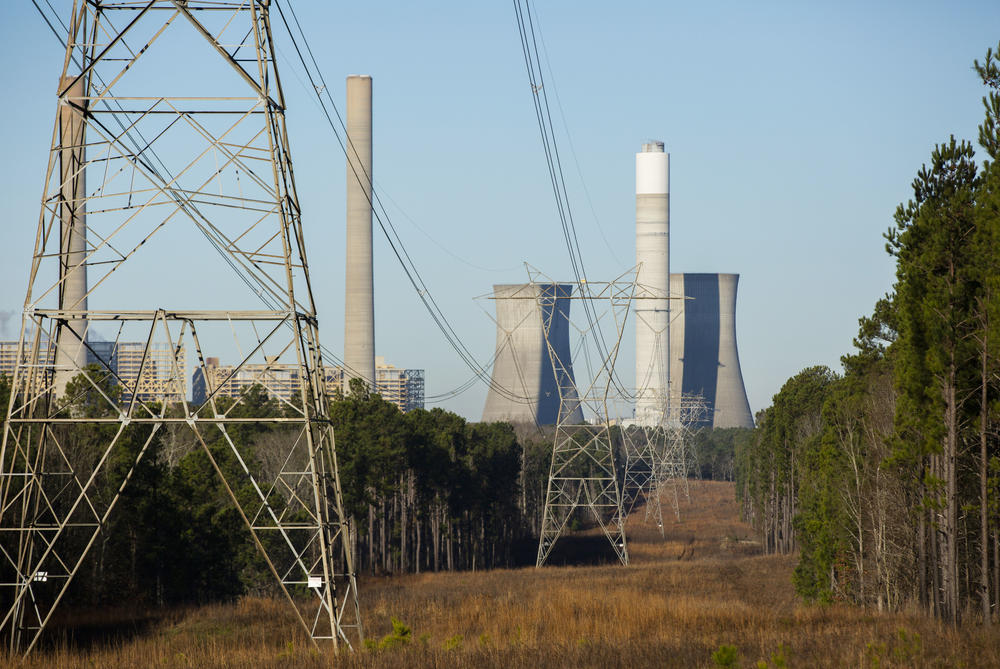Section Branding
Header Content
Some Georgia Coal Ash Efforts Survive Legislative Midpoint
Primary Content
Several bills relating to the regulation of coal ash in Georgia made it through crossover day in the Georgia legislature and may still become law. But those bills did not include the high profile “lined storage bills” supported by the people of Juliette who live next door to one of the largest coal-burning power plants in the country.
One effort still alive for the rest of the session would guarantee that once capped over and no longer open to the air, coal ash ponds would be more aggressively monitored for leakage than they had been previously. That bill was sponsored and backed by Republicans.
Another change would make it more expensive for out of state utilities to ship their coal ash to Georgia landfills by changing the fee structure for that dumping, the aim being a disincentive to trucking in out of state coal ash at all.
The bills that failed to move would have dramatically ramped up coal ash regulation here. Those bills, one in the house and one in the senate, would have required coal ash ponds be lined along the bottom to seal the heavy metal laden material from ground water. There are five ash ponds in Georgia in contact with ground water aquifers.
Those efforts were acutely important to the people of the town of Juliette in Monroe County where residents share years of health anxiety related to the coal ash pond at Georgia Power's Plant Scherer. Recent water testing there suggests that well water is contaminated beyond what some consider healthy limits, though it is not settled that the contamination comes from coal ash.
Pam Wolff is the moderator of a Juliette Facebook group that is the hub for community conversation around the issue and was part of a trip to the Capitol where residents lobbied for lined storage.
“I'm very disappointed because just when you think that you got the people that need to be on board, on board, they do a backflip on you,” Wolff said.
In return, House Representative Dale Washburn, R-Macon, helped push through a $500,000 budget bump to the Georgia EPD to help pay for third party well testing in Juliette to either confirm or refute findings of heavy metals in local well water by the environmental group the Altamaha Riverkeeper.
“All we're asking for is to have someone independent of those tests, retest and verify that the heavy metals are there,” Washburn said.
It isn’t clear if EPD, the same agency which has the authority to approve Georgia Power’s plans to leave coal ash capped in place, will perform that third party testing or if the agency would seek out another party for the work. Community organizer Pam Wolff, who has spent the last year and a half immersing herself in the world of coal ash and drinking water, does not want EPD to do the testing.
“If you really dig into it and do research, you'll know that the Georgia EPD is not going to be that third party, non-biased party that we need involved,” Wolff said.
EPD benchmarks for contamination track with EPA guidelines. Those guidelines do not consider the main contaminant of concern to Juliette residents, a heavy metal called hexavalent chromium. Only California and North Carolina have standards for that toxicant. Washburn would like to see that change.
“We should have Georgia standards,” Washburn said.
The Monroe County Commission had contracted with scientist Avner Vengosh of Duke University for third party water testing but canceled that work upon news of the proposed budget increase.
That increase must still be approved by the Georgia Senate.


